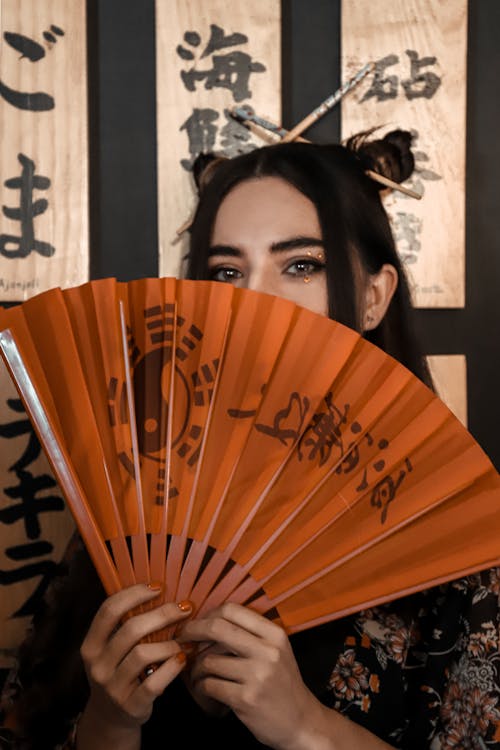
” san ()” is a title of respect added to a name.It can be used with both male and female names.The name of occupations and titles can be attached to it.
Why do Japanese say San after name?
Why do Japanese say kun?
Why do Japanese say senpai?
Senpai is used to refer to one’s older or more senior colleagues in a school, workplace, dojo, or sports club.Rather than being senpai, teachers are sensei.Neither students of the same or lower grade are referred to as khai.
What does Baka mean in Japanese?
March 18, 2022.0.What is the meaning of baka?Baka is a Japanese swear word meaning idiot, jackass, dumbass, or unthinking fool.
Is it rude to call a Japanese person by their first name?
People in Japan don’t call one another by their first names.It’s a mark of disrespect if you’re very close to the other person and in a casual environment.First names are best avoided.
What does Ara Ara mean?
Older females in Japan use ara ara to mean “My my”, “Oh dear” or “Oh me, oh my”.Depending on what you want to do.
Can you call a girl kun?
Kun can also be used for a very close friend or family member.It’s not an insult to call a female -kun and it can also mean that the person is respected.
What is UwU?
UwU is a stylized expression indicating cuteness.The eyes and mouth are represented by the “u” and “w” characters.It can be used to express warm, happy, or affectionate feelings.Owo can show surprise and excitement.
Why do Japanese say san?
In Japanese business life, the honorific suffix “san” is always followed by the surname name.There are many other options such as a company manager or a doctor.
How do Japanese name their child?
The Japanese naming convention arranges names according to their given name.SAT Akari and YAMAMOTO Yukio are male and female.The family name is patrilineally from one’s father and is shared with other siblings.It comes before the name.
What does Ora Ora Ora mean?
A yell, like “ayy!” or “hey!”When children or animals are doing something wrong, it gets used toward them.It could be translated as “watch out” or “stop that!”
What does baka mean in Japanese?
March 18, 2022.0.What is the meaning of baka?Baka is a Japanese swear word meaning idiot, jackass, dumbass, or unthinking fool.
Is senpai a name?
It refers to someone older.Sensei doesn’t necessarily follow the name, but is used interchangeably by sex.It could be transcribed as “sempai”.When talking to someone, “Kohai/kouhai” is rarely used.
What sussy Baka means?
In the game Among Us, the words “sussy” and “sus” are used to describe someone who is shifty or suspicious.So to be a sussy baka is to be a suspicious fool, presumably, although it appears that the meme has taken this meaning and ran with it a little.
What XD means texting?
An expression used in text messages or e-mails to signal happiness or laughter.It is an expression.X is for closed eyes and D is for an open mouth.Wow!
Why do Japanese eat KFC on Christmas?
Some foreigners reminiscing on how they missed turkey dinner at Christmas inspired the manager of Japan’s first Kentucky Fried Chicken to market it as a Christmas meal.The campaign was called “Kurisumasu ni wa Kentakkii or Kentucky for Christmas”.
What does ARA mean Japanese?
If “ara” means “oh, oh,” then the meaning of ara ara is “oh, oh.” With Japanese, it’s less about translation and more about understanding.
What is a Waifu?
A fictional female character from non-live-action visual media to whom one is romantically attracted and/or whom one considers their significant other.

